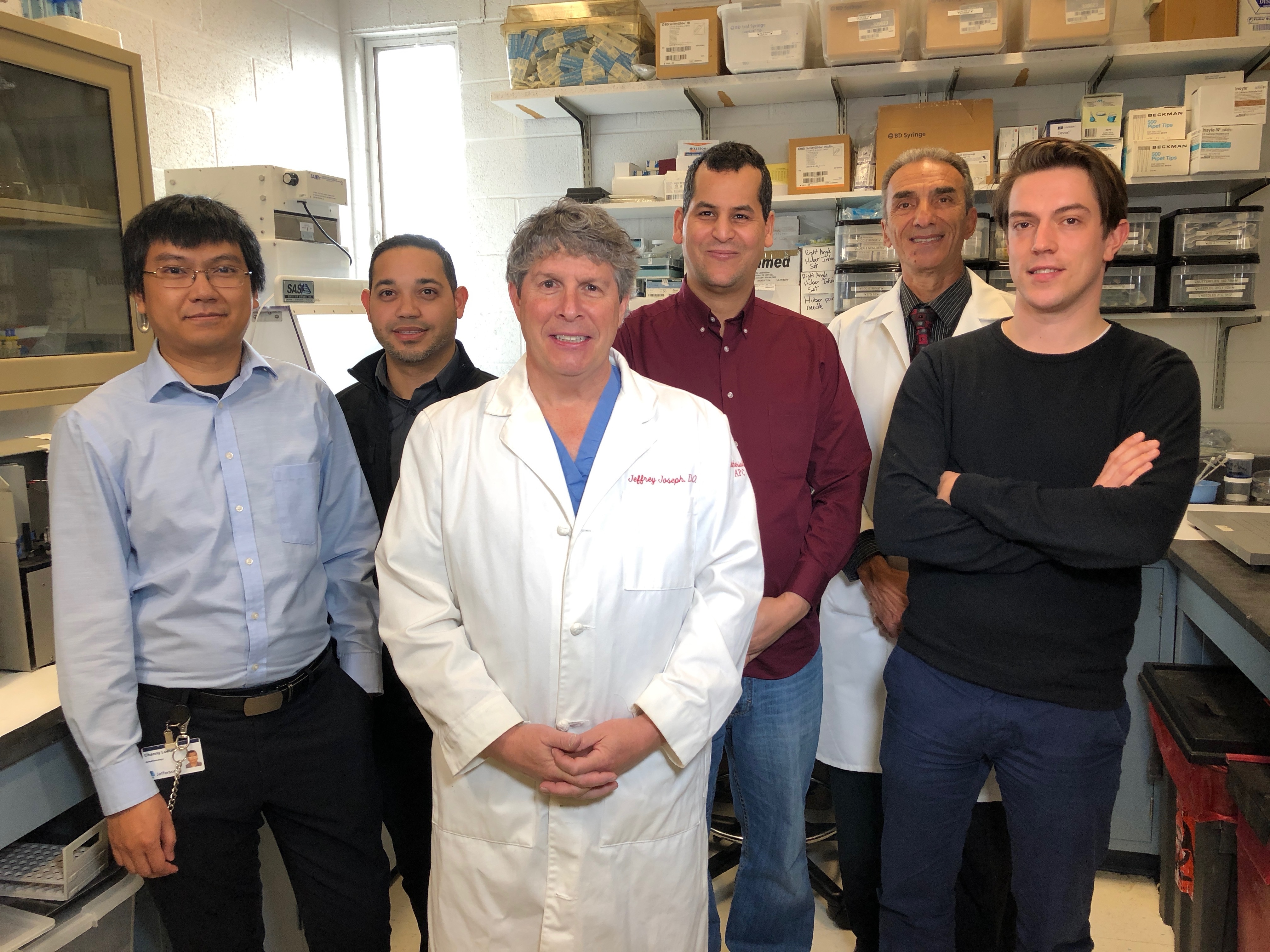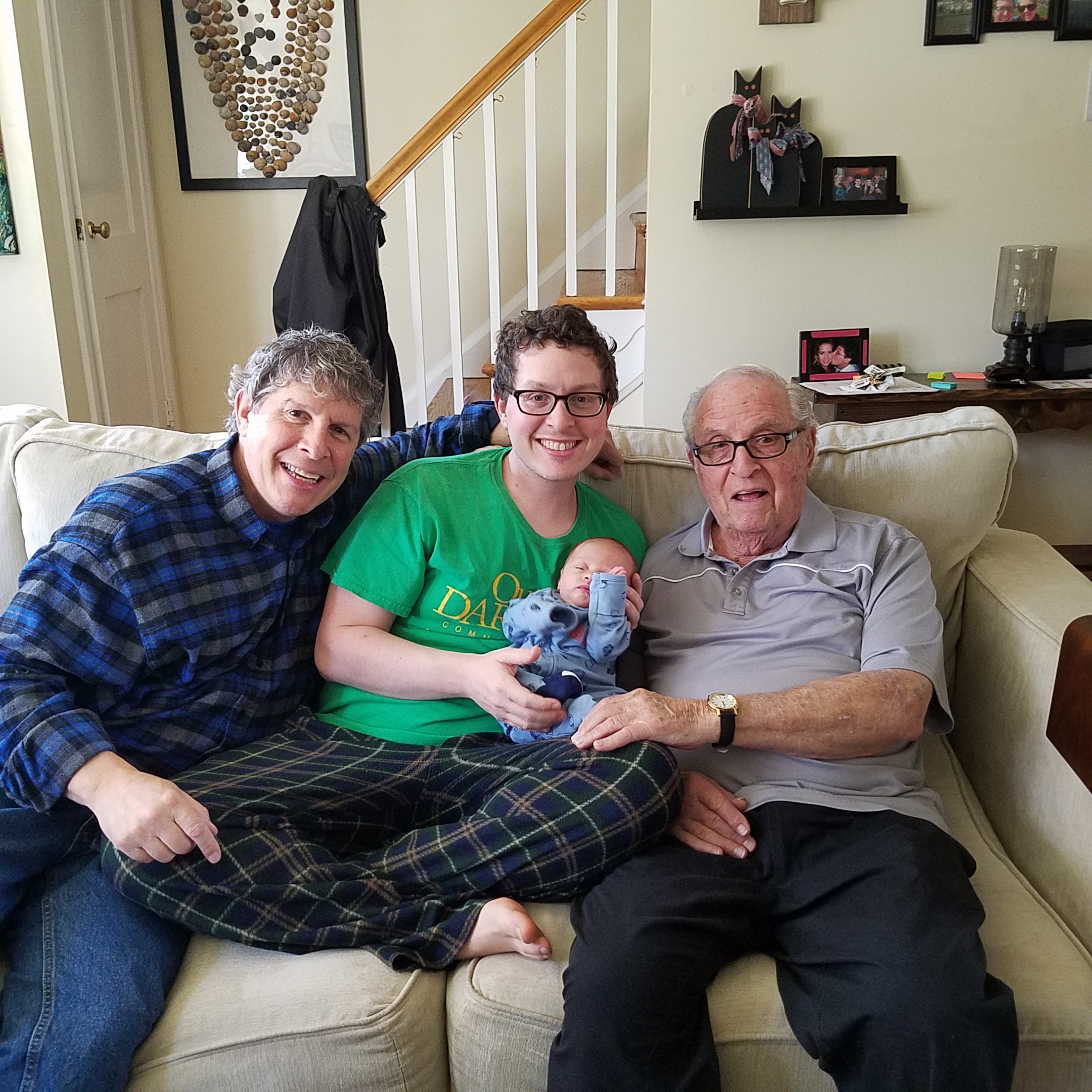Get to know Dr. Jeffrey Joseph, JDRF Researcher
in Research

Jeffrey Joseph D.O. of Thomas Jefferson University is both an inventor and an experienced entrepreneur—and he’s a JDRF-funded researcher!
Dr. Joseph’s research has focused on the development and clinical application of devices for glucose monitoring, insulin delivery, artificial pancreas and vital sign monitoring in hospitalized and ambulatory patients. With the assistance of a JDRF grant, he is currently evaluating the effectiveness of a different formulation of insulin that can be more quickly absorbed and used with an artificial pancreas (AP) system.
Dr. Joseph will be the guest speaker at the JDRF Eastern PA Annual Meeting on June 20. Read below to find out more about Dr. Joseph’s breakthrough type 1 diabetes (T1D) therapies, current JDRF-funded research, and what makes him hopeful about the future of T1D.

Please explain your active T1D research and how JDRF made it possible.
JDRF has supported our artificial pancreas research laboratory at Thomas Jefferson University for many years with grant funding and guidance to understand the needs of children and adults with T1D. JDRF has also generously supported the research efforts of a spin-out company from our laboratory called Capillary Biomedical, Inc.
Jefferson and Capillary Biomedical are actively collaborating to develop a closed-loop artificial pancreas system consisting of an advanced insulin infusion set that significantly improves the dose-to-dose consistency of insulin absorption into the bloodstream—leading to greatly improved blood-glucose control. We are also working to develop an implantable CGM that accurately measures the concentration of tissue fluid glucose every minute for more than five years.
JDRF has been the leading advocate, guiding force, and sponsor of funded research for artificial pancreas development.
What do you believe is some of the most promising T1D research progress?
Basic research has greatly improved our understanding of why beta cells become damaged due to an overactive immune system. A variety of new medications are being tested that can prevent or delay this damage, hopefully leading to a cure. Islet cell transplants remain a very promising technology for replacing lost beta cell function. Near-term therapies such as the closed-loop artificial pancreas systems are becoming the standard of care for blood glucose management due to improvements in sensor accuracy and improvements in automated insulin delivery systems.

What makes you hopeful about the future of T1D research?
The T1D community is extremely active advocating for research—leading to significant T1D research funding by JDRF, the National Institutes of Health, The Hemsley Foundation and others. The Food and drug Administration has also been very supportive and proactive helping researchers and companies bring research advances to the U.S. market faster than ever before.
The most rewarding part of our research is the ability to help people with T1D live more normal and healthier lives.
Why have you dedicated your career to T1D research, and why do you partner with JDRF?
I starting inventing and developing medical devices as a young anesthesiologist at Thomas Jefferson University. One of my early projects was an implantable sensor that utilized optics to continuously monitor the concentration of glucose in flowing blood. Animas Corporation was founded to develop this implantable glucose sensor connected to an insulin pump leading to a closed-loop artificial pancreas system.
JDRF has been the leading advocate, guiding force, and sponsor of funded research for artificial pancreas development. The most rewarding part of our research is the ability to help people with T1D live more normal and healthier lives.
_________________________________________________________________________________________________________________
Dr. Jeffrey Joseph has practiced anesthesiology and medical device innovation at the Department of Anesthesiology, Sidney Kimmel Medical College of Thomas Jefferson University in Philadelphia for 32 years. He is a Professor of Anesthesiology, Vice-Chairman, Director of Research, and Founder/Director of the Jefferson Artificial Pancreas Center. Among his many accolades, Dr. Joseph co-founded Animas Corporation in 1994, as well as Capillary Biomedical Inc. and RTM Vital Signs, LLC in 2014, where he also serves as Chairman of their respective Scientific/Clinical Advisory Boards.
For more information on JDRF research, please visit jdrf.org/research.